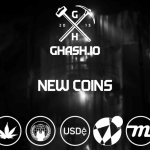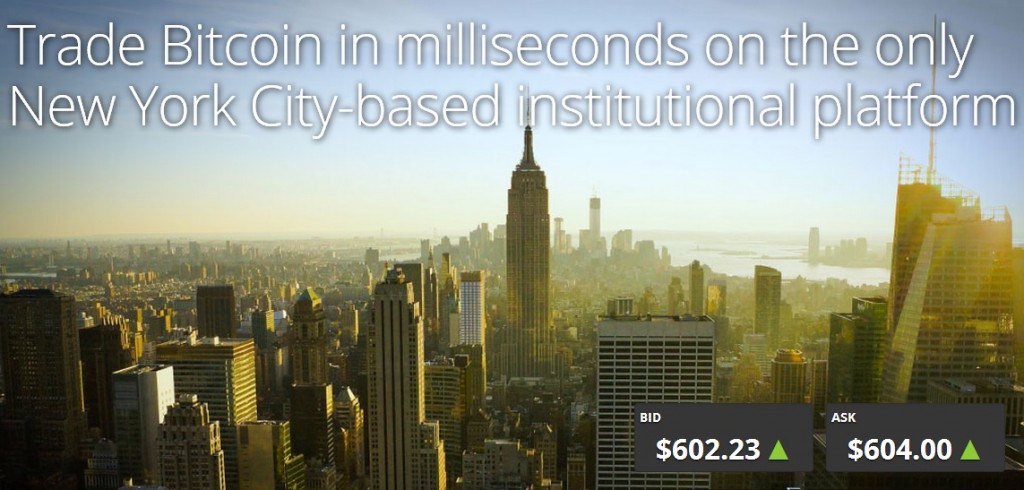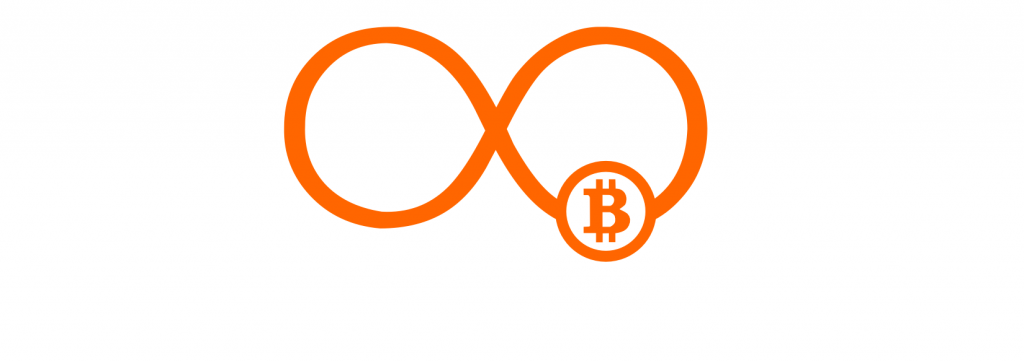For the past two weeks, the Bitcoin community has been buzzing with worry over the mining pool GHash.io. Founded in July 2013, the pool has quickly risen to become the world’s largest Bitcoin mining group, prompting concerns that they will use their control over the network for malicious purposes (most worrisome would be a so-called 51% attack).
With these concerns in mind, I contacted CEX.io (a cryptocurrency exchange and GHash’s sister company) to request a comment on this issue. They directed me to Jeffrey Smith, CIO of CEX and GHash, who was kind enough to answer some questions about the recent unrest.
How did you become involved with CEX and GHash.IO?
JS: I was handling marketing and communication for another client, when I saw the rapid growth of Bitcoin and how the buzz spread. Naturally, I immediately sent out my application to handle marketing and communication for CEX.IO and GHash.IO, as I think the business scheme is brilliant. I received a reply and I managed to get some things done which others thought were impossible, so the CEO has invited me to play a key role in the company, which I am doing now.
In CEX’s most recent blog post, you dismiss “temporary solutions” that will only push the 51% issue further down the road, in favor of searching for long-term preventative solutions. What would you consider a long-term solution? How would it be implemented?
JS: If the long-term solution had been in front of us, then the 51% issue would already have been solved. Unfortunately, this is not how things look. For now, no matter which pool exceeds other ones in terms of market share, the problem still remains. That is why we decided to initiate discussion with the leading Bitcoin market players, Bitcoin Foundation and the largest Bitcoin mining pools, — to overcome the problem, which may harm Bitcoin, once and for all.
Many in the community are up in arms about GHash consistently pushing 51%. However, the very fact that CEX controls that much computational power means that you are essential to the success of the Bitcoin network on a daily basis. Do you feel like people are overemphasizing one negative aspect of your business while ignoring the good that you do?
JS: It is quite rare when people sympathise [with] big companies, no matter which industry we are speaking about, sometimes even not trying to get into details. CEX.IO does not control that much computational power. It is spread among separate individuals who mine at GHash.IO or buy GHS at CEX.IO. And the fact that we are now over 200,000 users proves that we have enough adherents who believe in the good side of our business. We hope that this number will grow and do our best to improve our services.
While GHash has consistently said that they have no interest in causing harm to the Bitcoin network, many in the community would respond that this doesn’t matter because it undermines the Bitcoin network’s “trustless” nature. Others worry that while you may not have malicious intent, 51% control by GHash creates a central point of failure that could be compromised by an entity that has malicious intent. Indeed there was an instance of this last year with a rogue employee using your network to attack BetCoin Dice. What does CEX think about these concerns?
JS: One of the saddest, though natural things happening in such a young industry as Bitcoin is that people’s awareness about the way Bitcoin works is quite low. Many of them know or may not know about Bitcoin mining, but due to aggressive mass media work, they know for sure that there’s a possible 51% threat. That is why we set education as one of our working directives in the near future. It seems that the more people know about Bitcoin, the less they are afraid of GHash.IO getting into double spending. Just pay attention to Gavin Andresen, who remains calm about this question, proving how hard such an attack can be executed in a logical and understandable way. If you don’t want to listen to us, listen to him, the person with the largest number of commits on Bitcoin GitHub.
According to this article, on June 12th GHash controlled 51% of the network for 12 hours. During that time, was there any discussion within the company about curtailing this situation?
JS: 51% discussion never leaves our working process. As you may see, it resulted in the decision of organizing a round table. And we put high hopes on finding a solution together with others.
However, we must deny that GHash.IO controlled 51% of the network for 12 hours. If there are any proofs, we would be glad to have a look at them.
Would you consider implementing Getblocktemplate as a long-term solution?
JS: Yes, we are considering this option.
Why does GHash consider having no pool fees to be such an important feature?
JS: Ghash.IO always takes care [of] users. Even the coins, which are added on a constant basis, are the most frequent requests coming from users. At the very start of our operation, we stated there would be no pool fee ever. And this principle will be complied with further. Finally, why would we betray those who have been mining at GHash.IO for such a long time?
Author’s Note: Mr. Smith did not answer a question concerning GHash’s absence from inter-pool discussions addressing decentralization, as well as a question requesting clarification over who comprises CEX’s upper management.
The post An Interview With Jeffrey Smith, CIO of GHash.io appeared first on Bitcoin Magazine.














